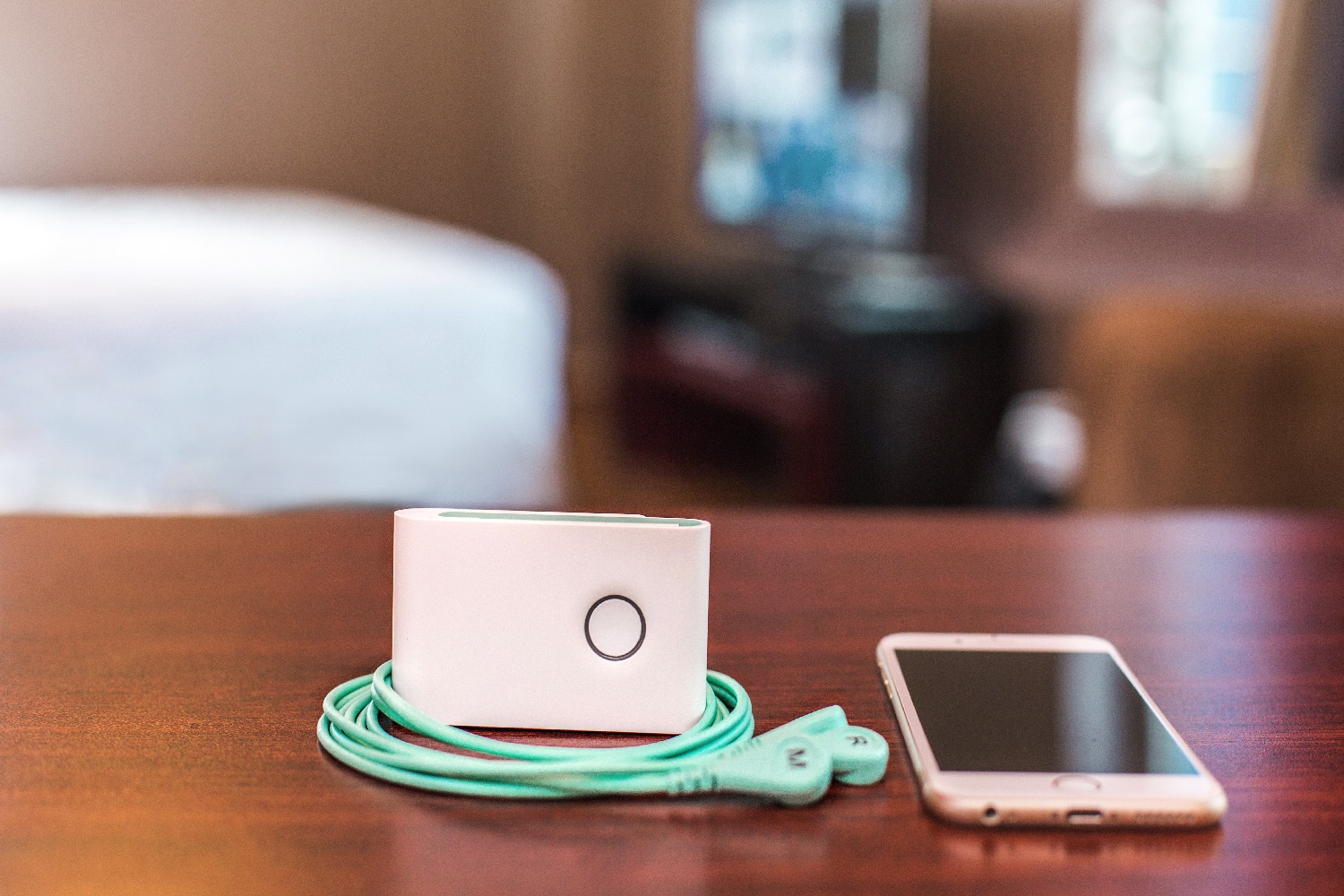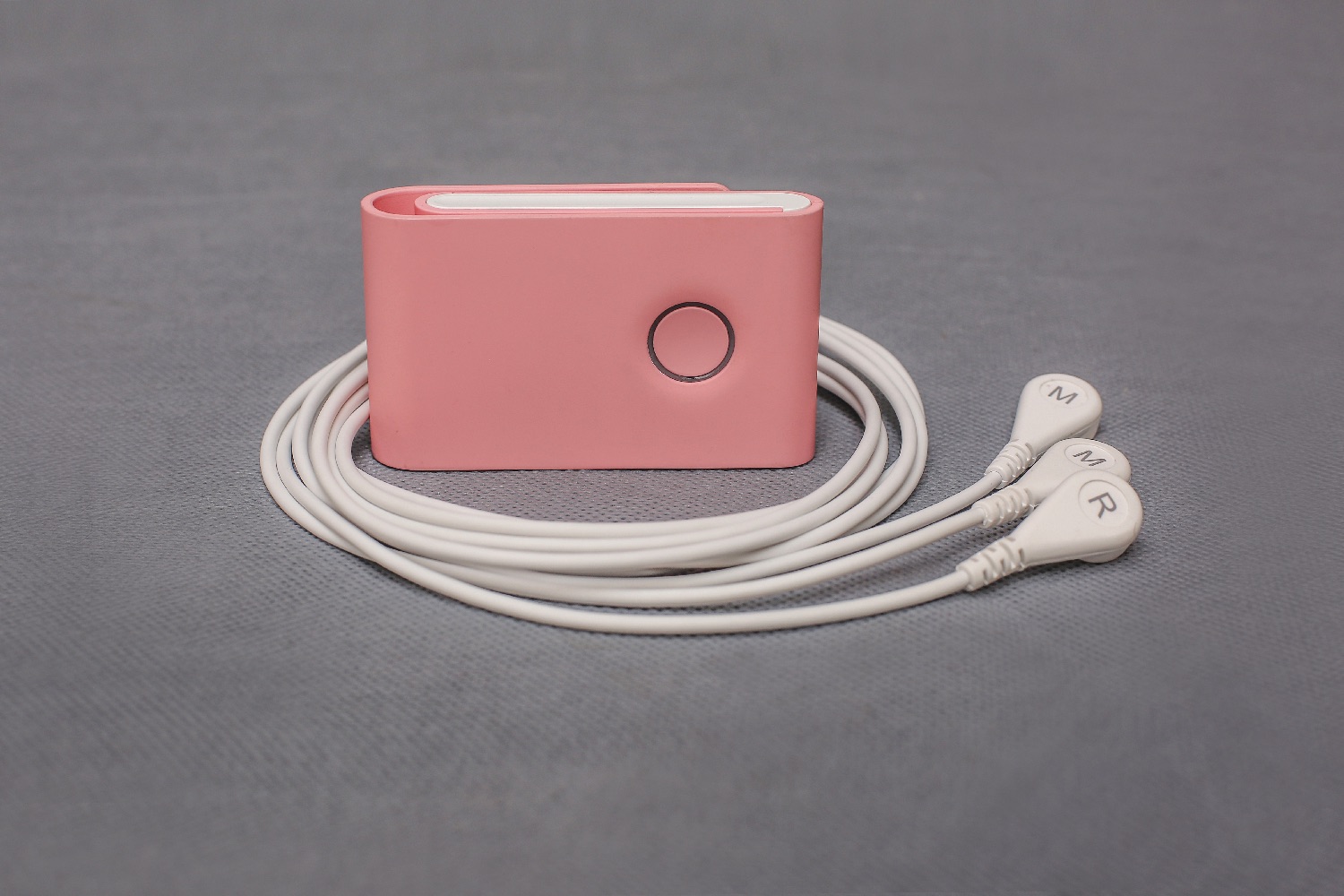It’s a small gadget that can be attached to any surface muscle and will then pick up on muscle contractions, or flexions, before translating these signals into inputs for your mobile device. An open-source platform with a plethora of possible applications, the smart gadget is kicking things off with an app called RehabFit, in which users get to play games while exercising.
You can think of it a bit like Wii Fit or Xbox Kinect, but without the user having to make large movements like jumping around or waving your arms.
“The cool thing about mixing game components [with] exercise is that it focuses on controlling muscle precisely,” Ricky Ge, FlexR’s creator and a practicing physical therapist, told Digital Trends. “For example, in famous endless run games such as Temple Run, you’ve got to tap or swipe the screen precisely at very specific times. That is the same in our first game theme: Endless Tower. Users have to contract a muscle precisely when the avatar almost hits the obstacles, traps, or flames.”
FlexR’s technology is based on electromyography (EMG), an electrodiagnostic medical technique that’s used for evaluating and recording the electrical activity produced by skeletal muscles.
Li said that he first became interested in the possibilities of EMG while he was a second-year doctor of physical therapy student. During that time, he attended a lecture from a guest therapist who explained that, when she was treating children, she described EMG in storytelling terms to get them more engaged in their treatment.
“Being a gamer myself, I heard that clinical pearl and thought, hey, it’s the 21st century; why are we giving children such lame game content?” Ge said. “I searched everywhere online and didn’t find anything better.” He eventually set about creating FlexR to right that wrong.
If you’re interested in picking up a FlexR unit, you can currently place a pre-order, with prices starting at $99 for a FlexR, RehabFit app, and two packs of reusable electrodes. Shipping is scheduled for April 2017.
Editors' Recommendations
- AMD’s new CPUs let you play Cyberpunk without a graphics card
- This game lets hackers attack your PC, and you don’t even need to play it
- Apple Fitness+ now lets you work out with your friends
- Sony wants you to play your summer soundtrack on its new wireless speakers
- WhatsApp now lets you make voice and video calls from your computer







